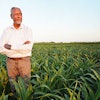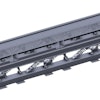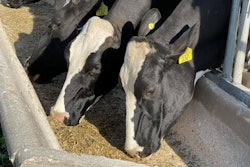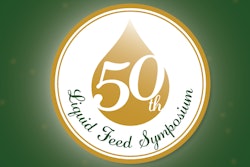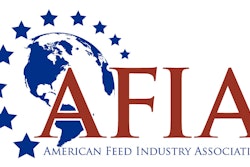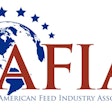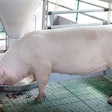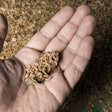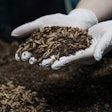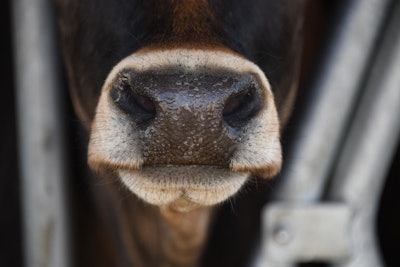
Cargill has joined U.S. CattleTrace as an official packer member.
Cargill is the second beef processor to invest in the effort formed by multiple state cattlemen’s organizations to develop a national infrastructure for animal disease traceability in the U.S. cattle industry.
“Reducing the impact of disease is critical for the U.S. Beef herd which is why we’re excited to join the U.S. CattleTrace program and champion its efforts to improve global competitiveness and food safety across the value chain,” said Jarrod Gillig, business operations and supply chain lead for Cargill’s North American protein business. “At Cargill, we’ve long been focused on enhancing the traceability and resilience of our supply chains and believe our partnership with U.S. CattleTrace can help move the industry forward.”
U.S. CattleTrace will assist animal health officials by responding to events of foreign animal disease within the U.S. cattle herd to limit any impact to daily operations and help maintain access to important beef export markets.
“Cargill is a leader of sustainability in the agricultural industry, so to have them as a partner in animal health and disease traceability in our country is exciting,” said Brandon Depenbusch, chair of the U.S. CattleTrace Board of Directors. “Cattle industry leaders have provided input that in order to create and sustain a producer-led traceability system, all industry sectors need to be involved. This commitment from an industry leader shows that no-matter where we come from in the cattle industry, we are all working towards a common goal of protecting our nation's herd and the highest quality, most sustainable beef product in the world.”
Using eartags and radio frequency technologies, U.S. CattleTrace collects critical data, including individual animal identification numbers as well as the date, time and GPS location of the animal.
The program uses the collected data to track animals in the event of a disease outbreak, as well as track the animal from birth location to each location they travel prior to reaching a processor for harvest.
An ear tag with an electronic chip interacts with the radio frequency emitted by the reader. Tags are electronic but not battery operated, meaning they can last the lifetime of the animal.
The new U.S. CattleTrace initiative combines the efforts of CattleTrace, which included multiple partners from across the country, as well as traceability pilot projects in Florida and Texas. The partner organizations include the Kansas Livestock Association, Florida Cattlemen’s Association, Texas Cattle Feeders Association, Texas and Southwestern Cattle Raisers Association and Kentucky Cattlemen’s Association.


